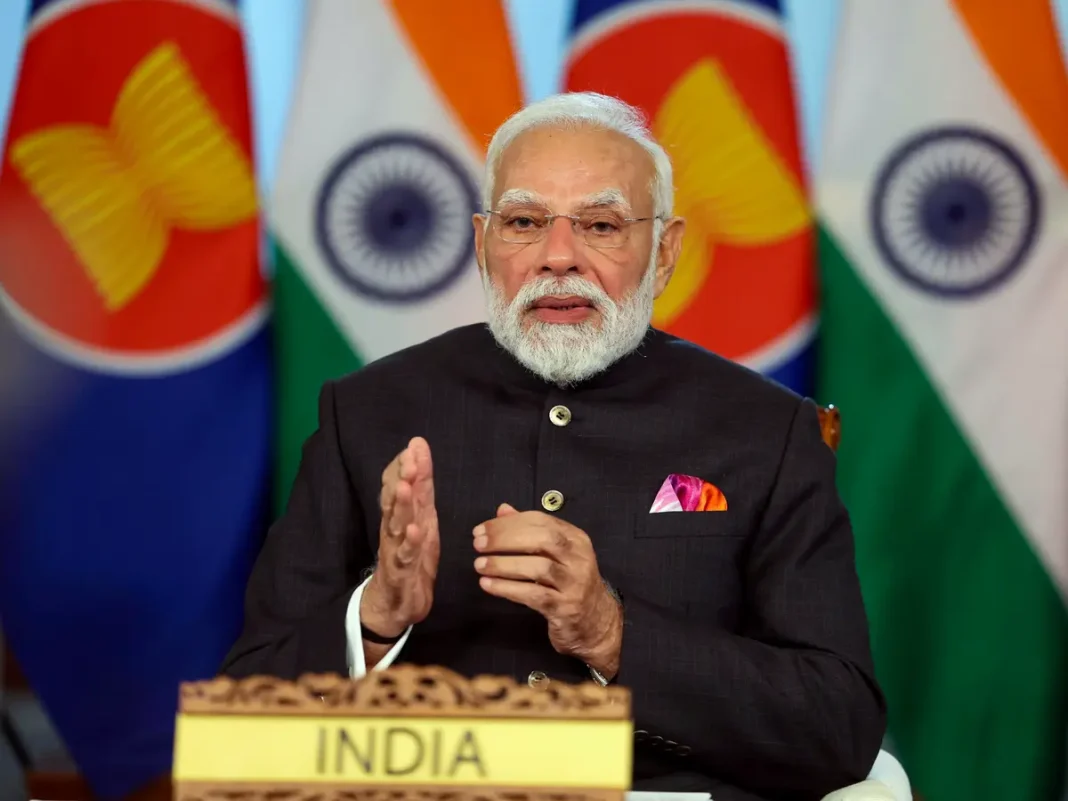8th Central Pay Commission: Key Updates on Salary Reforms
The Union Cabinet chaired by Prime Minister Narendra Modi has approved the Terms of Reference for the 8th Central Pay Commission, marking a crucial step toward potential salary revisions for central government employees.
Key Takeaways
- Commission to submit recommendations within 18 months of formation
- Expected implementation likely from January 2026
- Temporary body with chairman, part-time member, and secretary
- Focus on fiscal prudence and economic conditions
Commission Structure and Timeline
The 8th Central Pay Commission will operate as a temporary body consisting of one Chairperson, one Part-Time Member, and one Member-Secretary. The panel has been given 18 months from its constitution date to finalize and submit its recommendations.
“It will make its recommendations within 18 months of the date of its constitution. It may consider, if necessary, sending interim reports on any of the matters as and when the recommendations are finalized,” the official statement clarified.
Economic Considerations
The Commission will evaluate salary structures while considering India’s economic conditions and maintaining fiscal discipline. Key factors include:
- Availability of resources for developmental expenditure and welfare measures
- Unfunded costs of non-contributory pension schemes
- Impact on state government finances
- Comparison with Central Public Sector Undertakings and private sector compensation
About Central Pay Commissions
Central Pay Commissions are established to review emoluments, retirement benefits, and service conditions for central government employees. Recommendations are typically implemented every ten years, suggesting the 8th Pay Commission’s effects would take effect from January 1, 2026.
The government had initially announced the formation of the 8th pay panel in January 2025, with the current approval of Terms of Reference moving the process forward significantly.





